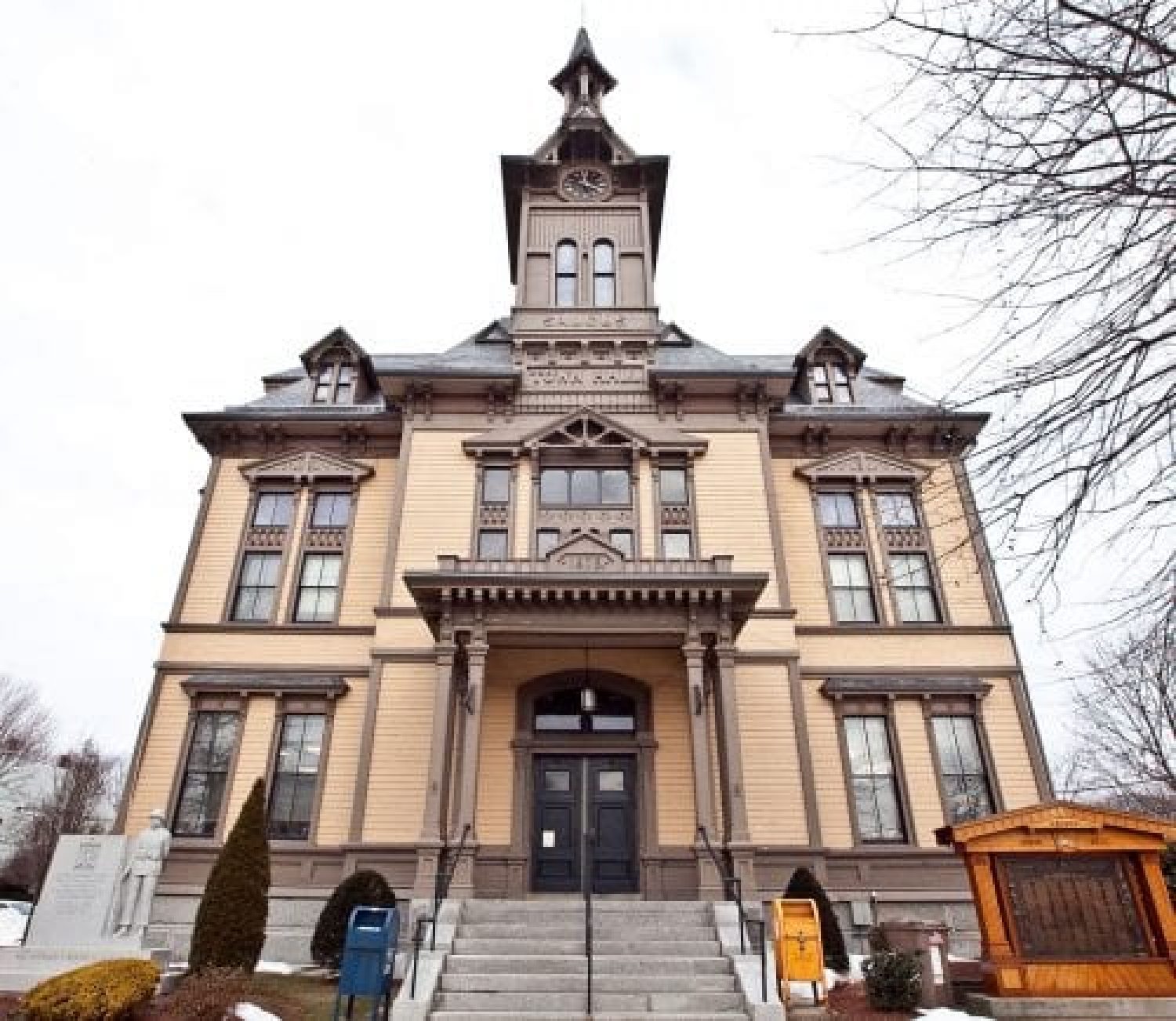Residents at a recent Saugus Planning Board meeting described their frustration with infestations of Japanese knotweed on their property that they said is a result of nearby construction on Berthold Street.
Representatives of American Residential Construction were at the meeting seeking approval for the continuance of the subdivision, whose permit had expired. Marc Chapdelaine, an attorney representing the company, said that it is a four-lot subdivision seeking the creation of three homes.
Rosanne Maher, a resident in the area, said that Japanese knotweed first appeared after a landfill was created for the subdivision. She said that the invasive species is extremely hard to deal with.
“We’ve spent hundreds of dollars trying to get rid of it, and if you come to our house now you’ll see all the tarps and the chemicals and everything we’ve done to try to suppress it, eliminate it, keep it from spreading,” Maher said. “It is just destroying everything.”
Maher said that the infestation could make it difficult to sell her house.
John Dick, a wetland scientist with American Residential Construction, said that the Department of Environmental Protection is aware of the problem. He said that there is a major problem with Japanese knotweed on the shoulder of the road and that it needs to be regularly mowed.
“It’s impossible to do it because the road’s under construction,” Dick said.
Planning Board Vice Chair Jeannie Meredith wondered whether goats, which are used to eliminate plants like poison ivy, would eat the knotweed.
Dick replied that at one point DeRosa Environmental had a contract with a zoo to feed Japanese knotweed to giraffes.
“I don’t think they rent giraffes, but they do rent goats,” Meredith said.
Dick said that Japanese knotweed can be managed if it is regularly mowed, but that if it spreads to wetlands, mowing those areas would result in a regulatory problem.
Mary Borrello, another nearby resident, said that she thought five years ago that the knotweed would be handled on a regular basis, but was not and is spreading.
“I can just see it moving up the street. I mean, it’s just going to keep on going unless somebody just stops it,” Borrello said.
Dick said that work on the site cannot be done at all without subdivision approval, and American Residential Construction would not be able to address the problem at all without it.
Board member Bob Long suggested that the board continue the hearing to conduct a site visit before its next meeting.
Chapdelaine said that until the company has the subdivision approved, it cannot go to the Conservation Commission and request the relief required to clear the knotweed.
Maher’s husband, Bob Maher, also spoke at the meeting and strongly criticized the company’s work in the area.
“They say they’re not working now. I see dump trucks going in and out, in and out. My kitchen window’s right there. I know what they’re doing,” Bob Maher said.
He said that the company’s construction of a wall has pushed the Japanese knotweed further out, causing it to migrate to his property.
Bob Maher said American Residential Construction cuts corners and only follows the Planning Board’s requirements when it tells the company to do so.
“They built the house right next to me. I’ve seen them bury tires, I’ve seen them bury oil tanks,” he said.
The board voted to continue the public hearing.

